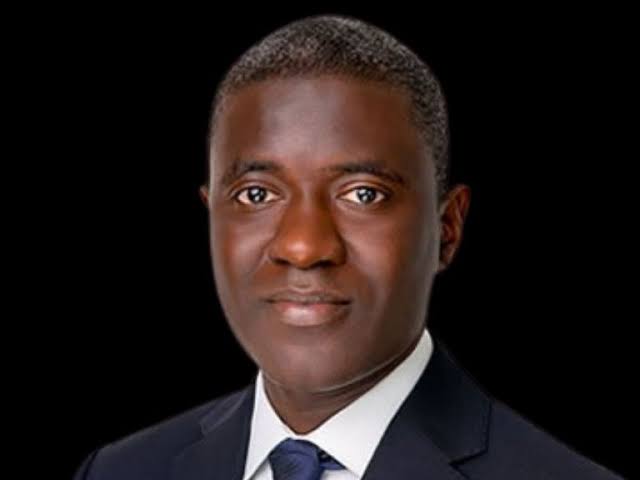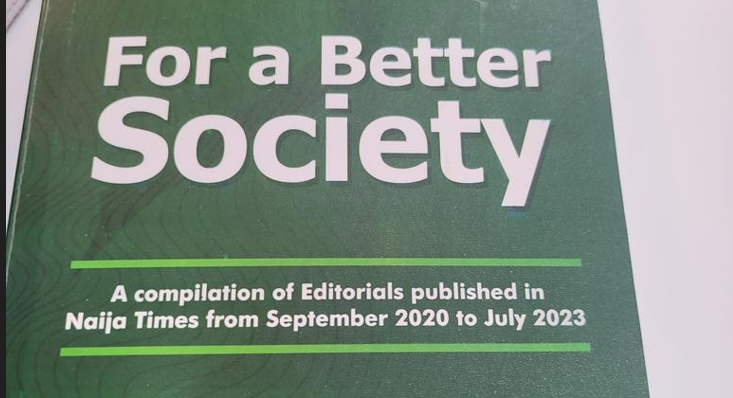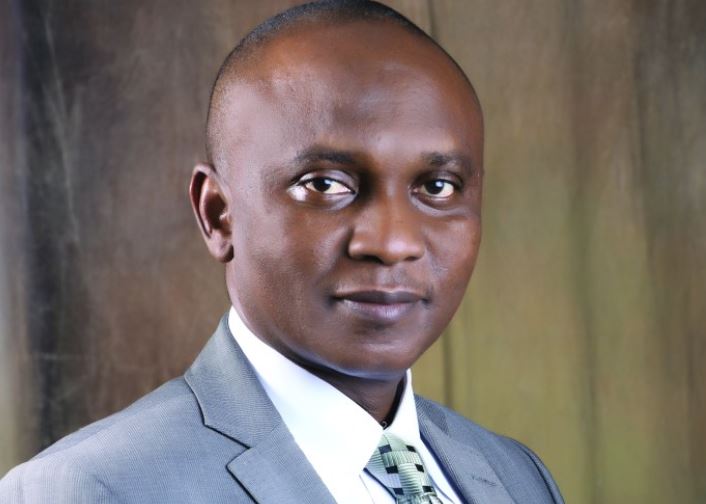On the day that a new Executive Vice Chairman (EVC) was appointed for the Nigerian communications Commission (NCC) by President Bola Ahmed Tinubu, in the person of Dr Aminu Maida, I made a call to a source within the Commission to gauge the pulse of the regulatory agency.
The response was jolting. The source wasn’t happy with the appointment at all, asking: What experience is he bringing to run a huge organisation like the NCC? The source claimed to be aware that Maida’s CV had been in the political power mongering circuit in the past few months, adding that even then, the appointment has still come as a surprise because the appointors may not have taken a number of things into consideration.
I have spoken to at least six persons within the period. The line goes through the middle. While half is clearly against the appointment, the other half is accepting it with some little caution, saying that time has come to try a totally new set of people with the hope that they bring good to the industry with fresh thinking in government.
Quite unfortunately, the President doesn’t have to take permission from anybody before making key appointments as it is his prerogative to search for requisite human capital that can help him fulfil his campaign promises to the people. In the past few days, the President has done exactly that, making a rash of appointments that is manifestly indicative that he is ready to get his administration going in spite of bruising cases in court and image and credibility crisis.
Advertisement
In fairness, Maida is not coming empty. Not a basket case unable to hold water. He holds a Masters in Systems Engineering from Imperial College, London in 2002, and a PhD in Electrical and Electronic Engineering from the University of Bath, also in the United Kingdom. His Post Graduate Diploma is in FinTech from the University of Cambridge.
Maida honed his academic credentials with practical experience, working with large multinationals like the BT group and Cisco. Before his appointment as the EVC, he was the Executive Director, Technology and Operations at NIBSS – the Nigeria Inter-Bank Settlement System Plc, a central switch company owned by the CBN.
Maida is not coming empty handed. He is not a basket case.
Advertisement
Maida has also been saying the right things. “I am deeply honoured to have been appointed by President Bola Ahmed Tinubu as the Executive Vice Chairman of the Nigerian Communications Commission. As I resume my role, I am fully committed to supporting the Honourable Minister, Dr Bosun Tijani’s vision for a thriving digital economy. In this digital age, we will work tirelessly to expand broadband access, ensure affordable and accessible communication services for all Nigerians while fostering innovation and sustainable growth in the telecommunications sector. Together, we will advance the nation’s digital transformation agenda,” he said on his X handle, formerly Twitter.
Quite unfortunately, this will not assuage some minds at the regulatory agency. For them, neither age or academic qualifications matter any more. They have witnessed the best of times building up an organisation from scratch, and they have also watched the same organisation taken down to shreds within just eight years. Maida should therefore understand the kind of mixed feelings that will greet his appointment and resumption.
His predecessor, Prof Umar Danbatta came with everything – age, big academic documents sans industry experience. It took him only eight years to shake down the industry, from the nirvana of industry performance to the nadir of shame and failure. With all the support that he had, he brought the industry to total chaos and left a fractured regulatory agency.
Without even a little fight, Danbatta submitted the NCC to an opprobrious regulatory capture by an over ambitious, power thirsty minister who wanted the entire telecommunications industry to listen to his voice alone. The results were catastrophic for the regulator and the industry.
Advertisement
Under Danbatta, there was no growth. Instead, wrong regulatory decisions weakened the industry progressively to the extent that it became so palpable to point at operators that were dying because of failed regulatory support or orchestrated favouritism that did the entire industry harm.
Employment was done without reason or plan; without any advertisement at all, hundreds of people were employed to fill the place. Tribesmen and politicians’ children took over the NCC, and quite a number of them have no motivation to work. A source lamented last week that for the first time since the year 2000, people are employed at the NCC, and for one year they have no job descriptions (JDs), office space or even tools to work with. This flies against the corporate culture of the past when a worker was handed everything on the day of resumption.
This is the organisation that Maida walks into, flatulenced from the top by a chief executive that was supposed to steer its growth. Really no red carpet is expected as he walks into the NCC because of deep-seated suspicions sowed by a past not too salutary.
Without intruding so much into your time, let me give some unsolicited advice that you may find useful. While admitting that you have worked in high profile corporate settings, I wish to point out that government agencies like the NCC, come with a basket of challenges.
Advertisement
For the above reason, I will want to recommend that you read the Nigerian Communications Act 2003, from cover to cover even if for a superficial understanding of regulations and the industry. I can say without water in my mouth that your predecessor didn’t have time to do this. So, even before day one, he suffered internal capture and never recovered from self-imposed hallucinations until his removal last week.
Before day one because, he came into the Commission without being cleared by the Senate and started to take actions that would impair the agency with time. You don’t need to follow the footsteps of a predecessor that stumbled miserably.
Advertisement
Some people have told me that the NCC is more than just regulating the telecommunications industry. From your position, you will be representing Nigeria in so many international organisations, including the International Telecommunications Union (ITU) where so many weighting decisions are taken. You need to have the legacy knowledge within the agency to achieve results. You need to be properly armed with the right lieutenants to attend such high profile meetings.
This advice has become expedient because of the situation at the NCC at the moment. Your predecessor introduced strange administrative practices into the system, uprooted knowledge to the extent that incompetence was incongruously exalted to the shame of knowledge and experience.
Advertisement
Dear Maida, the NCC is haemorrhaging internally and you need to be dispassionate to locate the causes.
What therefore should occupy your immediate attention? Refocusing the workforce of the NCC and realigning the agency on the path of regulatory competence. NCC is a regulator and not a project office. But most recently, it was easier to award a contract in billions than to have just a million Naira available for regulatory responsibilities. This is the reason some of the workers don’t have tools to work with. You also need to quickly mend relationships with the industry as some operators are still reeling from the regulatory inconsistencies of your predecessor
Advertisement
I can see your enthusiasm in wanting to work with your new immediate boss, Tijani. You may already have been friends. A clear line has to be drawn, however. Tijani is the policy maker while you are the regulator executing those policies to create a more successful industry. A minister taking over the responsibilities of the regulator is called regulatory capture. That doesn’t have to happen again.
I can see what the President is trying to do. By your appointment and that of the minister, he wants to recreate the telecommunications industry in the image and likeness of the younger generation. While such an idea can be pleasing to behold, it can also be fraught with danger. I want to observe here that there is residual knowledge at the NCC and the ministry which can help you and your boss. The President is also advised to tap into industry knowledge and experience in forming a new Board for the regulator. That is, if indeed, he wants to bring together the fragments of a decoupled industry and create a more promising one that can serve as the superstructure of his economic policies.
Views expressed by contributors are strictly personal and not of TheCable.
Add a comment







